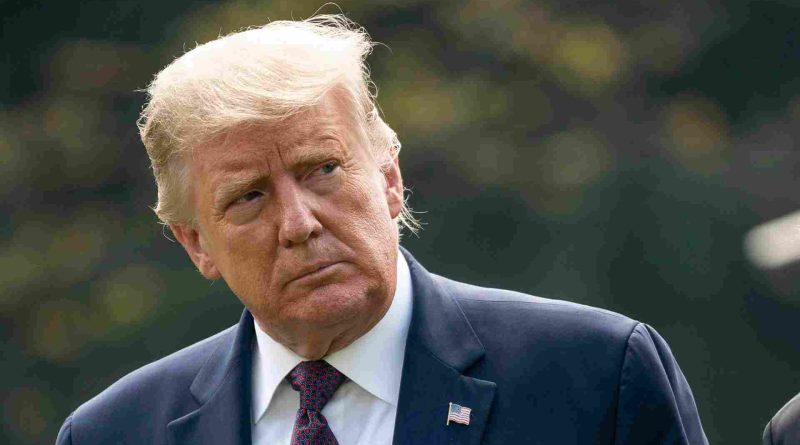Speculating on a President Behind Bars: Exploring the Hypothetical Scenario of Trump’s 2024 Campaign from Prison
Consider this speculative scenario: Imagine the year is 2026, January 13th, precisely 9 p.m., a Tuesday. You switch on your preferred cable news channel eagerly anticipating the annual State of the Union address by the president.
However, this time it’s a departure from tradition. The president doesn’t embark on the customary journey from the White House to the US Capitol in a bulletproof limo. The usual throng of hundreds of Congress members is absent. Instead, the commander in chief, clad in an orange jumpsuit, delivers his message via Zoom from a prison cell, streaming directly into your living room.
Outlandish? Absolutely. Far-fetched? Undoubtedly.
Yet, according to legal experts who spoke with Insider, such a scenario is within the realm of possibility, particularly in light of the mounting legal challenges faced by former President Donald Trump, coupled with his recent announcement of a 2024 presidential bid.
Trump’s legal entanglements have escalated dramatically, with reports of FBI searches at his Mar-a-Lago residence and ongoing investigations into his actions surrounding the 2020 election. Notably, the House January 6 select committee has presented evidence implicating Trump in the Capitol attack.
Despite these legal hurdles, constitutional experts confirm that nothing in the Constitution prohibits a presidential bid from behind bars. Past examples include Socialist candidate Eugene Debs in 1920 and Lyndon LaRouche in 1992.
The practicalities, however, pose significant challenges. Campaigning from prison, especially for a candidate like Trump known for large rallies, would be arduous. Communication restrictions and logistical hurdles would necessitate reliance on proxies for campaigning.
Moreover, questions arise regarding Trump’s exercise of presidential powers from confinement. While theoretical scenarios exist for him to fulfill certain duties, the logistics remain complex. Potential issues such as the handling of the “nuclear football” and the extent of executive authority from a prison cell are subjects of debate among legal scholars.
Trump’s potential legal maneuvers, including self-pardons or leveraging federal powers, depend largely on the nature of his incarceration. While federal prison might afford him more influence, state-level convictions would present additional challenges, subjecting him to state pardon mechanisms and potentially restricting his ballot access.
Intriguingly, the 25th Amendment, designed for presidential disability and succession, could come into play if Trump’s incarceration is deemed to impair his ability to discharge presidential duties.
In the realm of speculation, the notion of a president governing from prison may seem improbable, yet in the unpredictable landscape of contemporary politics, it remains a scenario worthy of consideration.

